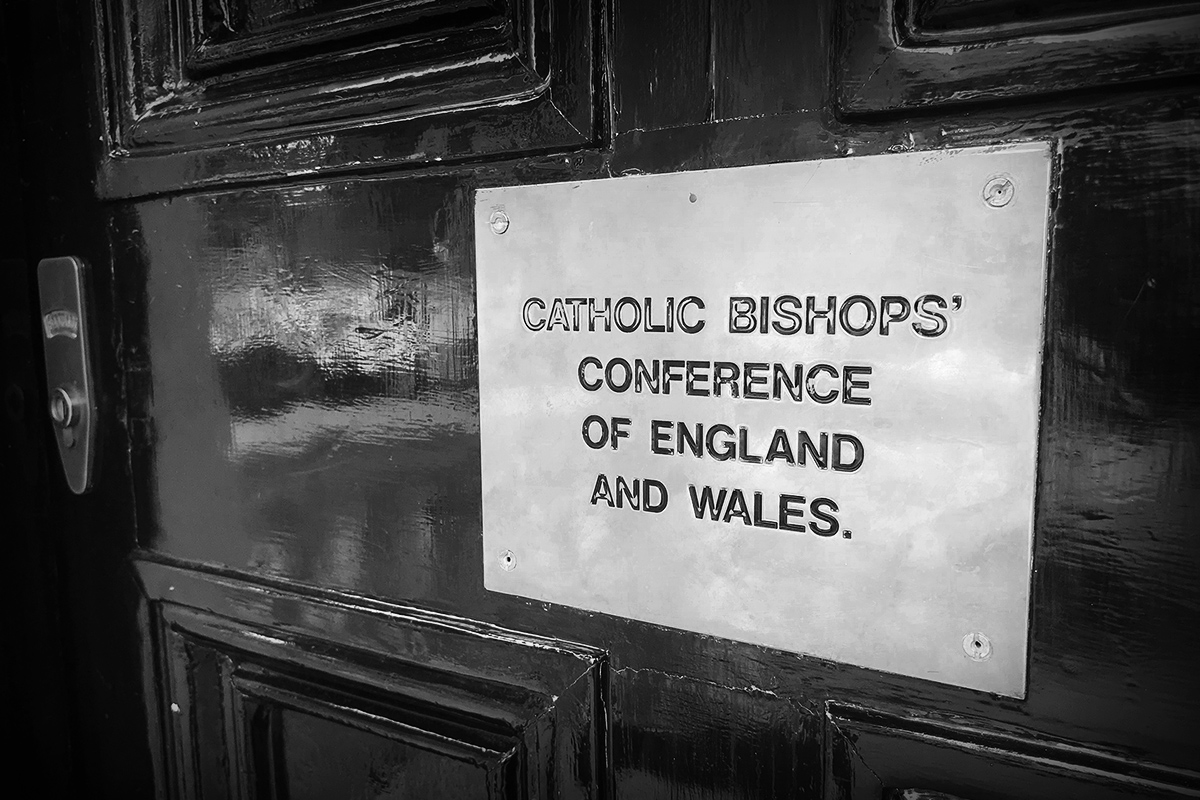
Cardinal Cormac Murphy-O’Connor
The debate about the role to be played by Roman Catholic adoption agencies has brought into public awareness the outstanding contribution they make to the common good. In his statement on Monday evening, the Prime Minister expressed his desire not to lose this expertise. Indeed one of the terms of reference for the independent assessment panel that is to be established is to find ways to ensure that “the valuable expertise of faith-based adoption agencies in successfully placing the most vulnerable children, including the full range of post-adoption services, is retained and developed”.
For this reason I welcome the two year period that has been established in which to find a practical way forward. But I want to make it clear that our agencies must be able to act with integrity and in accordance with Catholic principles and should be asked to do otherwise.
Furthermore, I cannot deny a deep sense of disappointment at the failure of the government to respond more flexibly to our fundamental concerns. The imposition of the Regulations, as they are understood at present, will have two important consequences. What they make clear, in the first place, is that same-sex couples must be given the same status and regard when being considered as potential adoptive parents. In the eyes of these regulations, same sex couples are as suited to the tasks of bringing up children as heterosexual couples. There is no distinction to be made between them on grounds of sexual orientation.
This, I believe, is far removed from the instinct and conviction of most people. Most would seem to hold to the standard view that a child flourishes best in the care of a father and mother, just as within that relationship is a child conceived.
However I accept there are many in our society who believe that there may well be circumstances in which a same sex couple should be allowed to adopt. But what is happening with the imposition of the Regulations is that a proper desire to remove hurtful homophobia and permit adoption by same-sex couples becomes the establishment of norms that everyone must accept. The imposition of such anti-discrimination legislation becomes the creation of new rules of normality, which, in this case, simply push the point too far. The first consequence is plain: any organisation that is not prepared to conform to this new normality has no part to play in this public service. Any organisation that wants to act on the conviction that the best interests of a child are served by being brought up by a mother and father is barred from publicly funded service in the work of adoption.
It would seem that a gulf is opening up between the requirements of this legislation and most people’s instincts regarding the needs of children.
There is a second consequence of these Regulations. The conviction of what is best for a child, even when exceptions are permitted, is shared by all the major religious faiths in this country.
The deepest convictions of the Jewish, Christian, Islamic and Sikh faiths are that a child prospers in the care of a father and a mother.
Leaders of these faiths have appealed for space in which this conviction can be respected in the public sector. They have appealed for respect for their religious conscience, so that the contribution of well-established agencies, working for the common good, such as Catholic Adoption Agencies, can continue. These appeals have been turned down. We are being told that, in this matter of adoption, religious conscience is overruled by regulation.
There is no doubt that holding together a wide range of convictions in a society in which public authorities strive to be secular is a difficult task. But being secular does not mean closing down the space in which religious conviction and motivation can shape and contribute to the common good.
Indeed public services, in our tradition, benefit greatly from a voluntary sector often inseparable from religious conscience and motivation. Such partnerships require flexibility and compromise on the part of the legislator and a willingness to cooperate on the part of religiously inspired organisations and individuals. Imposing legislation on religious conviction fails that vital requirement and ultimately undermines the common good.
This debate will not go away. The detailed regulations, soon to be put forward, will be debated in Parliament. We look to those debates to address these fundamental points. How, as a society, do we understand and best provide parental care to meet the needs of children seeking adoption? How desirable are the complementary roles of father and mother? How can our society create the flexibility that is needed to promote mutually respectful co-operation between public authorities and the religiously motivated agencies, so they can work in public service with integrity and good conscience?
The answers to these questions are essential as we seek to form a shared vision of what constitutes the common good.
Cardinal Murphy-O’Connor is Archbishop of Westminster